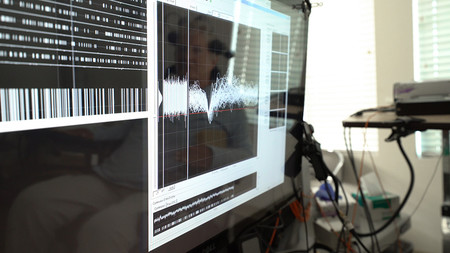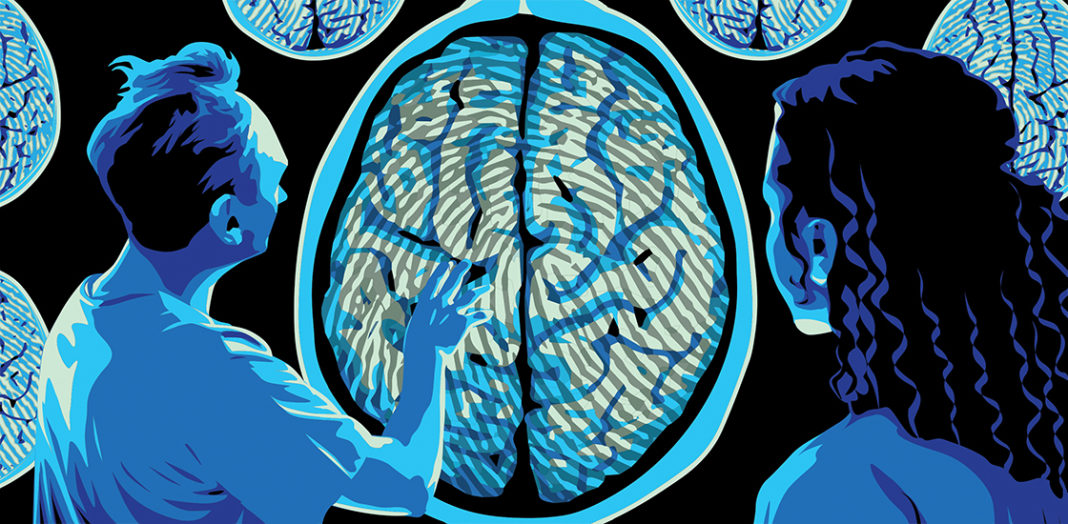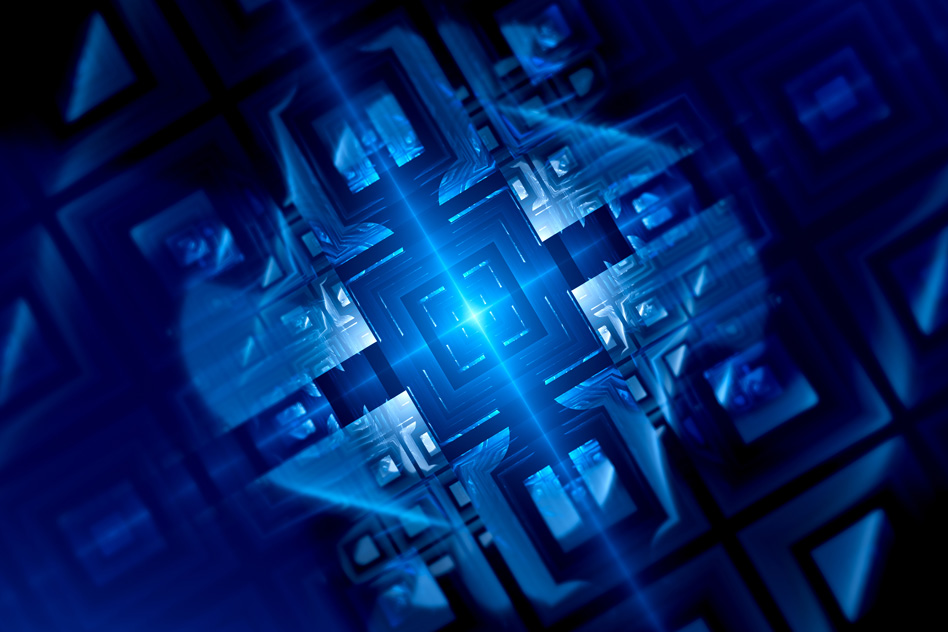A recent study, from researchers at Caltech, sought to understand the way in which the brain gives commands to the body in order to aid patients with motor dysfunction stemming from neurological conditions or paralysis. The report is published in the online edition of Neuron.

Specifically, the scientist focused on the posterior parietal cortex, or PPC, an early part of the neural pathway of the motor cortex, the region of the brain that controls movement. They wanted to understand exactly how the PPC organizes and encodes information about how the body moves, especially when differentiating between imagined movements and actual movements. For example, how one can imagine moving their arm to reach for a ball without actually moving and whether this information is treated differently.
In order to perform the study, a volunteer *quadriplegic patient had a four-millimeter square microchip equipped with 96 electrodes implanted into the anterior intraparietal area (AIP) of their brain as part of the clinical trial studying the machine-brain interface. Previously it was believed that the main function of the AIP was devoted the movement of grasping; however, the study has shown that it is responsible for much more.
Despite the small size of the area, the AIP was found to not only encode for grasping but also for other left and right hand and shoulder movements, real or imagined, and certain speech functions. This is possible by what’s called ‘mixed encoding’, a method previously thought to be highly disordered and random, but was discovered through the study to in fact be highly organized so that one neuron can respond to various types of movement.
Additionally, it was found that imagined actions, while still using the same circuitry as actual movements, look different and are distinguishable from the encoding for real movements.
This new information can help develop more machine-brain technology and possibly return movement to those affected by stroke, brain injury, and other ailments that different forms of paralysis.
*quadriplegic; one affected with partial or complete paralysis of both the arms and legs especially as a result of spinal cord injury or disease in the region of the neck. Source; Merriam Webster
More News to Read
- Understanding the Enigma of Drizzle – Light Rain Falling in Very Fine Drops
- Supercomputer Simulation of HIV Virus May Provide New Treatment Options
- East Coast Birds Under Threat from Central American Habitat loss and Climate Change
- Study Shows Aggressive Cancers Recruit Normal Cells to Spread Tumors by Imitating Viruses
- What type Applications We need for Quantum Computers?











